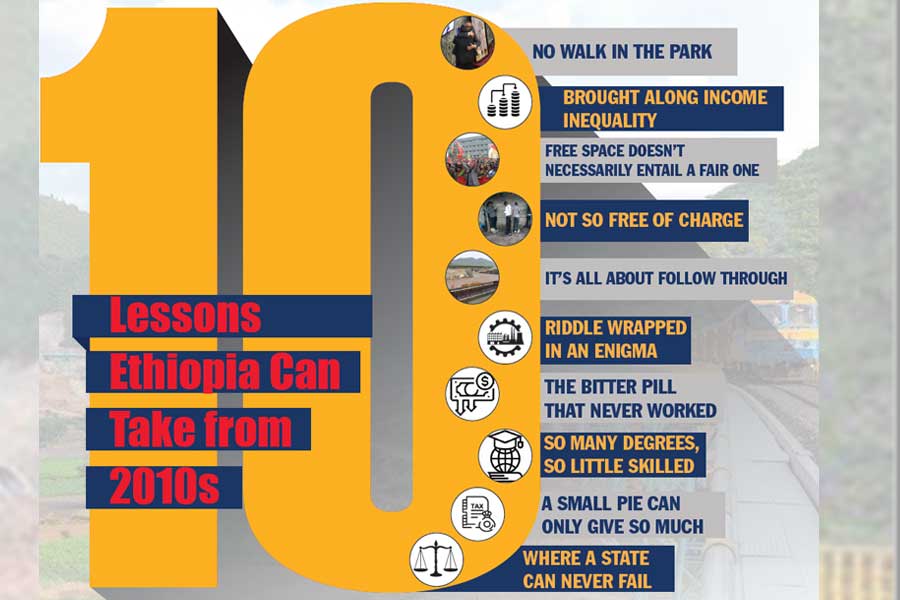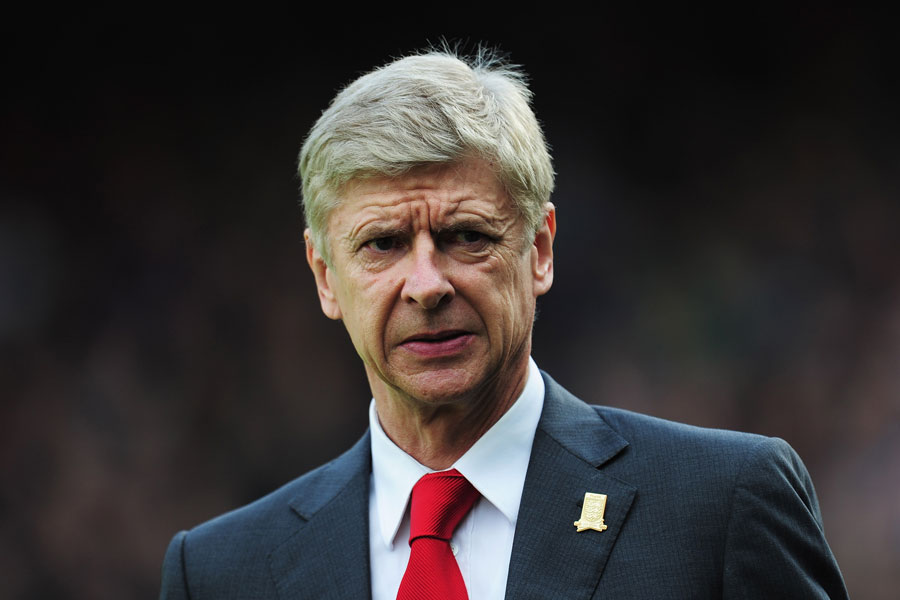
Commentaries | Apr 11,2020
Sep 21 , 2019
By Eden Sahle
One of the things in life I am super intimidated by is prison. Even as a lawyer, I never got over the fear of correctional complexes. I have never dared to visit people in jail nor enter the facility. I have heard so much about the horrific scenes and the horrendous actions that take place in prison facilities in Ethiopia, even the thought of it makes me shiver.
A few weeks back, I ran into a former colleague whom I have not seen in a long time. After we exchanged greetings, he mentioned that he recently found himself in jail due to a misunderstanding created with police. I was horrified by his ordeal and comforted him as I listened to his encounter. I asked him how he coped with jail. To my surprise, the man mentioned that going to prison taught him so much about love and support. In fact, he was excited about his few days of experience in jail, which he said changed him for the better.
He said it is in jail where people deeply open up emotionally and let themselves be vulnerable, confessing and supporting one another. They have no one but each other, and they stand together sharing meals, clothes and contributing financially for bail to play a part in someone’s freedom. Alleged offenders get united, establishing a bond during hard times. These are the people who were in custody for all sorts of alleged criminal activities, and most of them confess to the crime of which they are accused.
All of the prison in mates who shared a tiny suffocating room with my former colleague were not the kind of people he often interacted with. My former colleague is well off and had never faced such a crisis before. He observed that the people who want to kill each other in freedom develop affection in police custody. The person’s ethnicity, religion, education and family background means absolutely nothing.
Their suffering allows them to develop post-traumatic growth, which psychologists explain as a benefit that comes from experiencing a crisis. Research has found that the majority of people experience positive psychological transformation from difficult times. After such incidents, people develop a more profound sense of self-control and purpose, a greater appreciation for life and loved ones. They enhance their capacity for altruism, empathy and desire to act for the greater good.
We are always developing a set of beliefs about the life around us. This is the foundation we build our lives upon and how we treat others. Being in a difficult situation can draw our attention to how we take certain aspects of our lives for granted. It challenges beliefs we have wrongly formed, leaving us to ask questions we never thought we would have to ask ourselves. Sometimes lessons come from an unlikely place, even from prisoner cells.
Could these be an eye-opening, real-life analogy to the Ethiopian public who is creating all sorts of divisions and antagonisms?
We do not necessarily have to go to prison to realise how important it is to activate our humanity and kindness. Our never-ending poverty and low global status are enough of a crisis that should bond us all together in love and compassion, working to take Ethiopia out of this poverty and misery.
We all should understand the current crisis the country is facing and try to construct a new foundation for public responsibility. During these times of crisis, we should let go of the wrong beliefs, negative roles and aspects of identity politics that damage us. We need to have the willingness to grow into a new way of civilised thinking that allows us to construct our lives and country. We must activate our resilience to make it through the rough times of life. We do not have to fall into the trap of hatred and destruction.
The good thing is, the solution to the public problem is right there in front of every one of us. We do not have to become victims of our ignorance. Our crisis should no longer be ethnicity or division in religion; instead, it is poverty, bad leadership and corruption that is sucking the country dry and draining human energy.
We need to intentionally focus on civilisation to excel to some extraordinary levels of practical progress. Moments of crisis define our lives to move forward toward actions that can bring remarkable results. Considering others as ourselves is no easy path. It takes a great deal of practice and discipline. But it is the worthiest thing to pursue for a lifetime.
PUBLISHED ON
Sep 21,2019 [ VOL
20 , NO
1012]

Commentaries | Apr 11,2020

Viewpoints | Apr 20,2019

Fortune News | Jan 05,2020

Viewpoints | Jan 27,2024

Commentaries | Sep 10,2023


My Opinion | Jun 15,2024

Commentaries | Apr 10,2023

My Opinion | Jan 31,2021

Commentaries | Nov 13,2021

Photo Gallery | 178378 Views | May 06,2019

Photo Gallery | 168578 Views | Apr 26,2019

Photo Gallery | 159373 Views | Oct 06,2021

My Opinion | 137069 Views | Aug 14,2021
Commentaries | Oct 25,2025

Dec 22 , 2024 . By TIZITA SHEWAFERAW
Charged with transforming colossal state-owned enterprises into modern and competitiv...

Aug 18 , 2024 . By AKSAH ITALO
Although predictable Yonas Zerihun's job in the ride-hailing service is not immune to...

Jul 28 , 2024 . By TIZITA SHEWAFERAW
Unhabitual, perhaps too many, Samuel Gebreyohannes, 38, used to occasionally enjoy a couple of beers at breakfast. However, he recently swit...

Jul 13 , 2024 . By AKSAH ITALO
Investors who rely on tractors, trucks, and field vehicles for commuting, transporting commodities, and f...

Oct 25 , 2025
The regulatory machinery is on overdrive. In only two years, no fewer than 35 new pro...

Oct 18 , 2025
The political establishment, notably the ruling party and its top brass, has become p...

Oct 11 , 2025
Ladislas Farago, a roving Associated Press (AP) correspondent, arrived in Ethiopia in...

Oct 4 , 2025
Eyob Tekalegn (PhD) had been in the Governor's chair for only weeks when, on Septembe...

Oct 25 , 2025 . By YITBAREK GETACHEW
Officials of the Addis Abeba's Education Bureau have embarked on an ambitious experim...

Oct 26 , 2025 . By YITBAREK GETACHEW
The federal government is making a landmark shift in its investment incentive regime...

Oct 29 , 2025 . By NAHOM AYELE
The National Bank of Ethiopia (NBE) is preparing to issue a directive that will funda...

Oct 26 , 2025 . By SURAFEL MULUGETA
A community of booksellers shadowing the Ethiopian National Theatre has been jolted b...